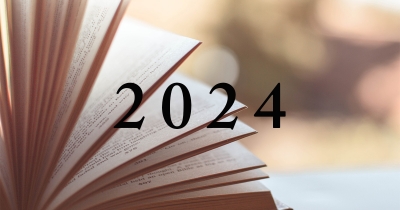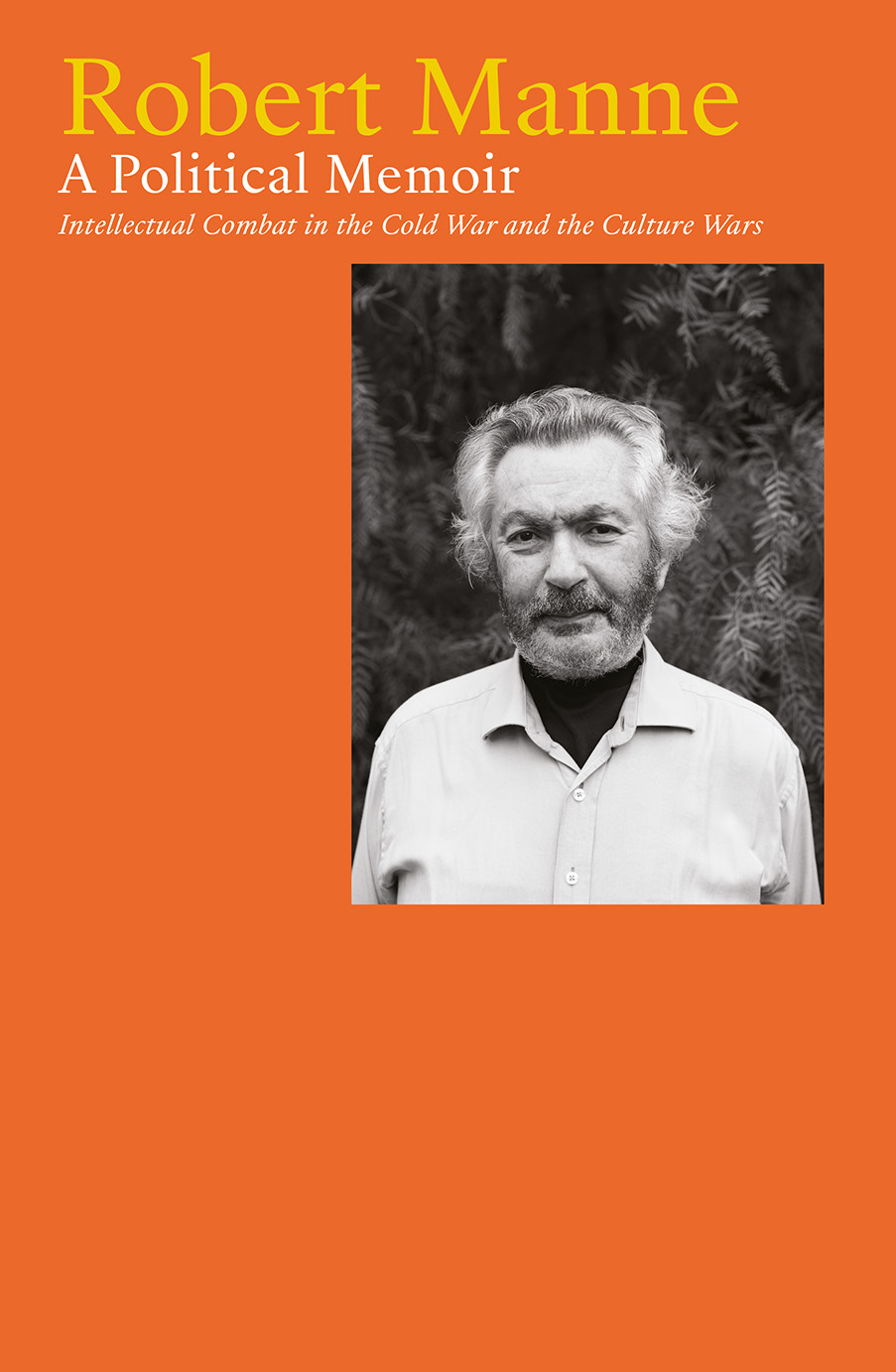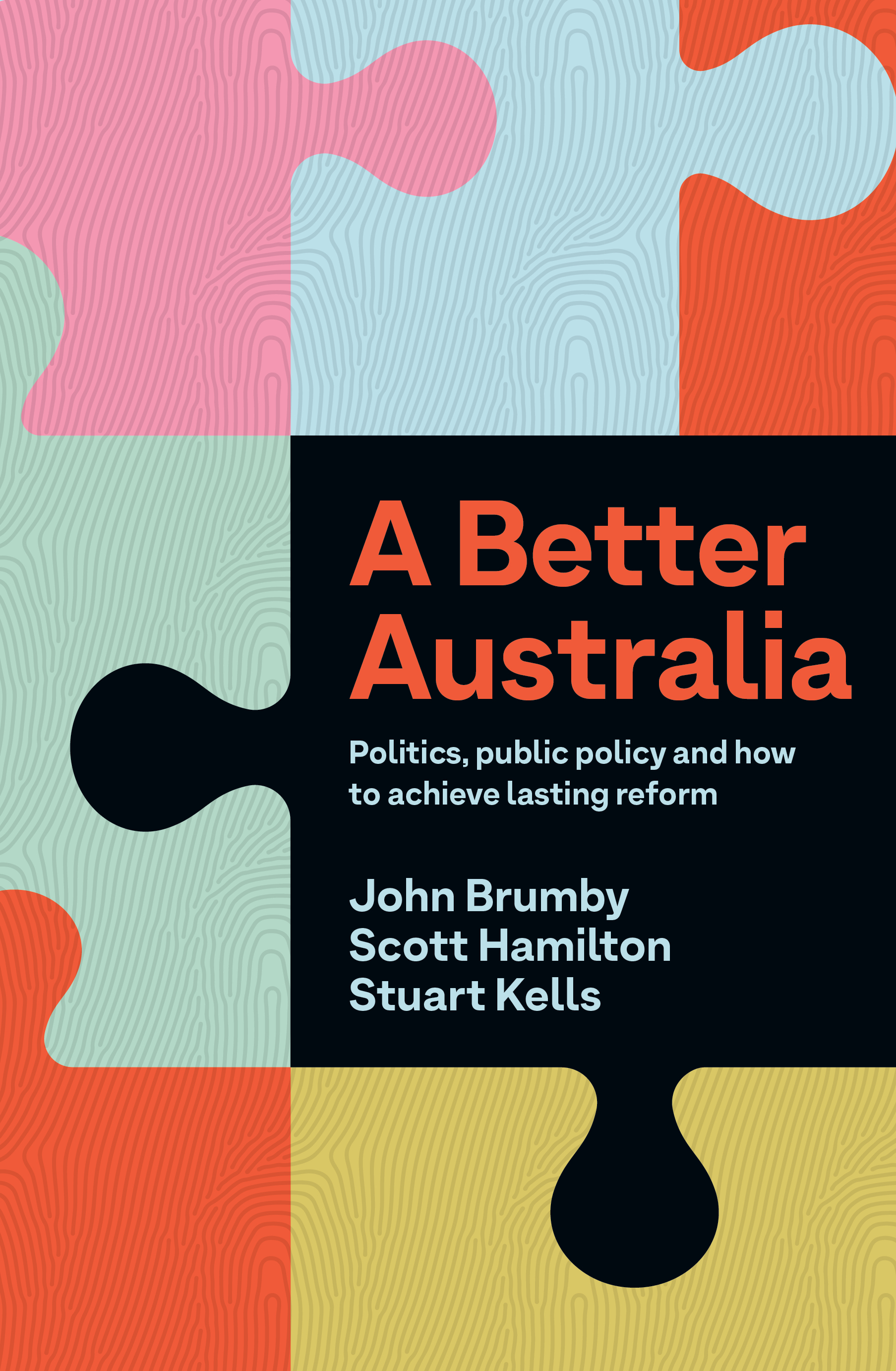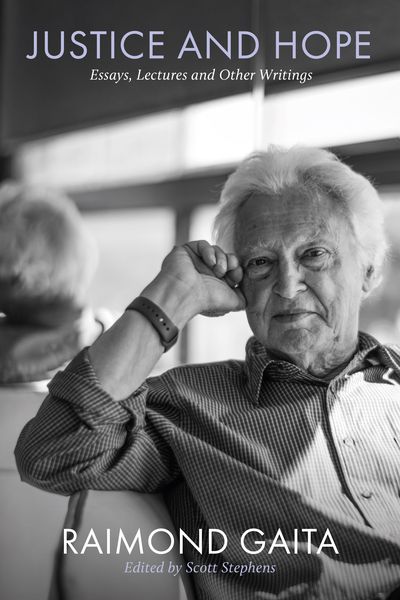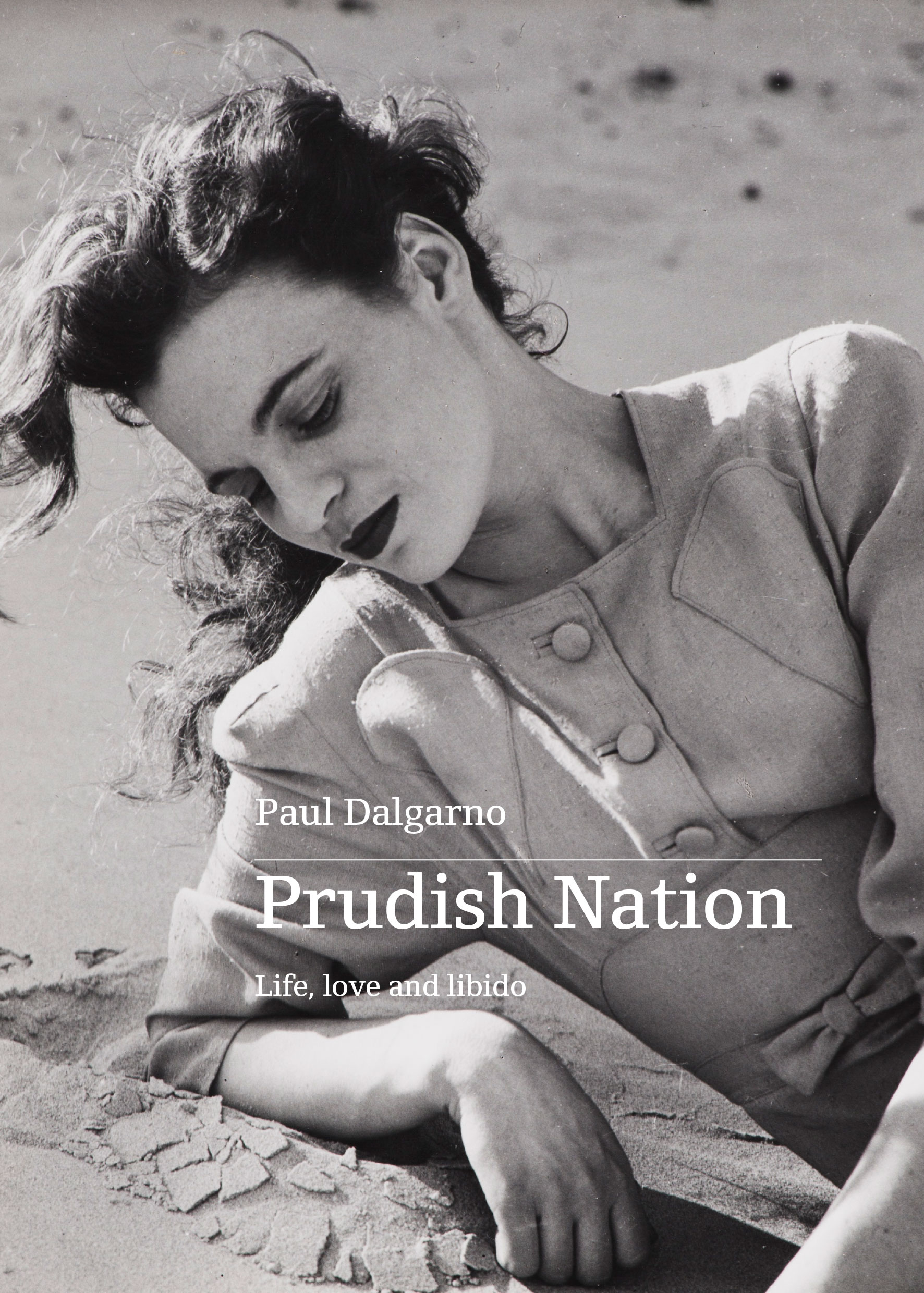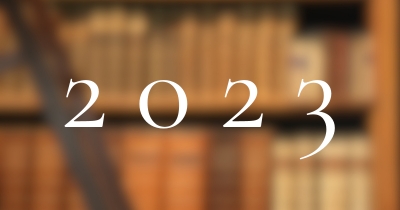Frank Bongiorno
A Political Memoir: Intellectual combat in the Cold War and the culture wars by Robert Manne
A Better Australia: Politics, public policy and how to achieve lasting reform by John Brumby, Scott Hamilton, and Stuart Kells
In this week’s ABR Podcast, Frank Bongiorno assesses the Albanese government, which has recently completed the first half of its first term in office. Frank Bongiorno is Professor of History at the Australian National University, President of the Australian Historical Association, and the author of books including Dreamers and Schemers: A political history of Australia. Listen to Frank Bongiorno’s ‘‘‘Thin labourism” How is the Albanese government travelling?’, published in the April issue of ABR.
... (read more)The Journal of Australian Political Economy (JAPE) recently published a special issue to mark the (presumed) halfway point of the Albanese Labor government. There was an editorial and nineteen articles. As you would expect, the verdict was mixed. The most striking thing to me, however, was that the authors had enough material to work with. A similar exercise for the Abbott and Morrison governments would have produced the problem faced by Old Mother Hubbard. The Turnbull government might just have provided her poor doggy with a bone, but one without much meat on it.
... (read more)Frank Bongiorno is a historian based at the Australian National University in Canberra. His most recent book, Dreamers and Schemers: A political history of Australia, won the Canberra Critics Circle Award for Non-fiction, ACT Book of the Year, and the Henry Mayer Book Prize. He is president of the Australian Historical Association and the Council of Humanities, Arts and Social Sciences.
... (read more)Read the advances from the advances from the March 2024 issue of ABR.
... (read more)Justice and Hope: Essays, lectures and other writings by Raimond Gaita
What the authors of these three wildly different books share is a gift for creating through language a kind of intimacy of presence, as though they were in the room with you. Emily Wilson’s much-awaited translation of The Iliad (W.W. Norton & Company) is a gorgeous, hefty hardback with substantial authorial commentary that manages to be both scholarly and engaging. The poem is translated into effortless-looking blank verse that reads like music. The Running Grave (Sphere) by Robert Galbraith (aka J.K. Rowling), the seventh novel in the Cormoran Strike crime series and one of the best so far, features Rowling’s gift for the creation of memorable characters and a cracking plot about a toxic religious cult. Charlotte Wood’s Stone Yard Devotional (Allen & Unwin, reviewed in this issue of ABR) lingers in the reader’s mind, with the haunting grammar of its title, the restrained artistry of its structure, and the elusive way that it explores modes of memory, grief, and regret.
... (read more)
